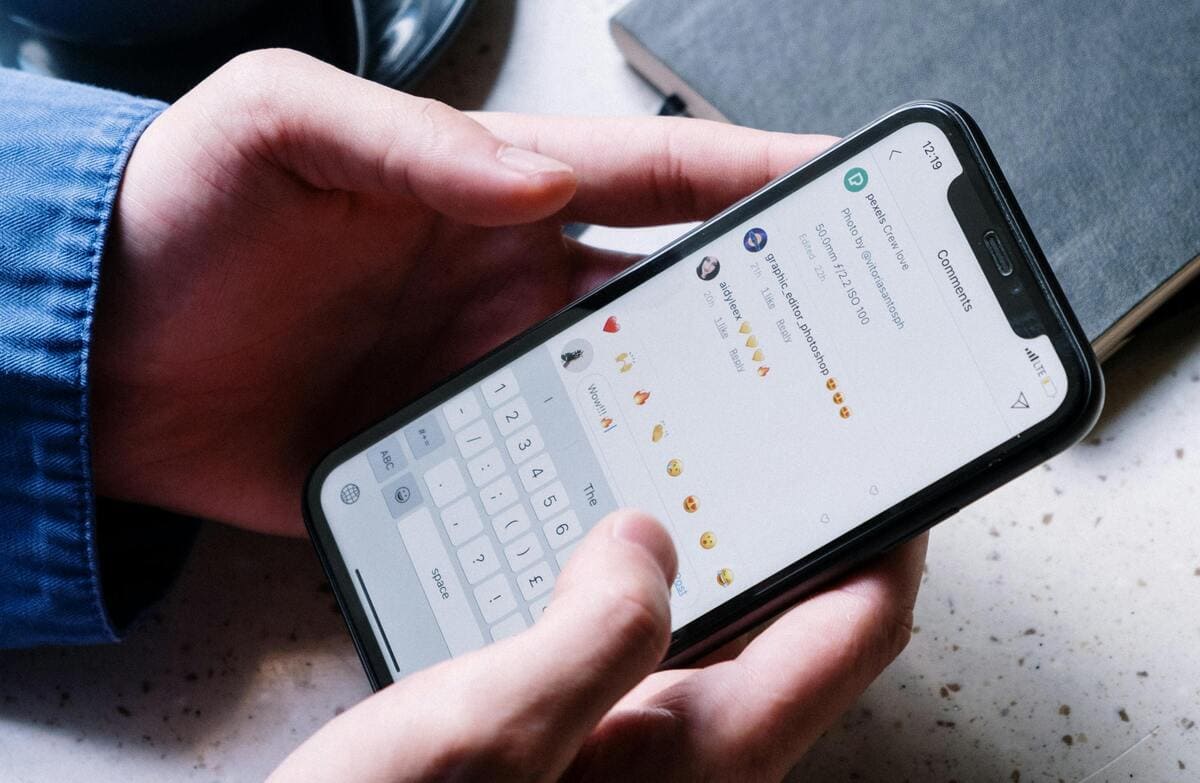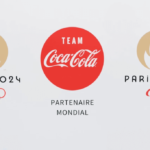People who spend the most time online are more likely to experience burnout, and women are more affected than men, according to a new European report. While 46,000 respondents attributed their stress primarily to work rather than social media, the correlation is undeniable.
Younger people and women hit harder
Sixty percent of Europeans have suffered from burnout, with a more significant impact on young people aged 18-34, according to the “2024 STADA Health Report.” The study, conducted among 46,000 respondents in 23 countries, highlights the significant role of social media in this phenomenon.
Despite spending less time in the workforce or studying, younger people are more affected by burnout. A staggering 69% of 18-34-year-olds reported experiencing burnout.
The study confirms that social media plays a crucial role in mental exhaustion. Individuals spending the most time on social media are more likely to suffer from burnout (68% vs. 53%). Additionally, women are more affected than men (65% vs. 54%).
The digital world doesn’t shield us from loneliness
Women are also more critical of their physical appearance. Fifty-one percent believe they are overweight, and 38% constantly compare themselves to others on social media. In contrast, men pay less attention to their weight, with only 28% considering it important and 21% feeling social pressure.
A strong sense of loneliness is also associated with heavy social media use.
The report suggests that social media plays a key role in this feeling. The majority of users who claim to spend a lot of time (64%) or a decent amount of time (53%) online are more prone to loneliness compared to users who limit their screen time: 44% vs. 26%.
Work vs. social media: Shared blame?
The situation is even more concerning for those under 34, as 41% are more likely to spend extended periods in front of screens compared to 35-54-year-olds (22%) and those over 55 (13%).
However, young Europeans are less likely to attribute their increased feelings of loneliness to excessive social media or gaming. For them, work weighs more heavily. Twenty-seven percent of young Europeans attribute this negative feeling to their job, 15% to remote work and childcare responsibilities, 14% to the loss of a loved one and moving for work.
Women (57%) feel lonelier than men (46%). They are also more likely to explain this situation due to childcare responsibilities, 16% compared to 8% for men.”







